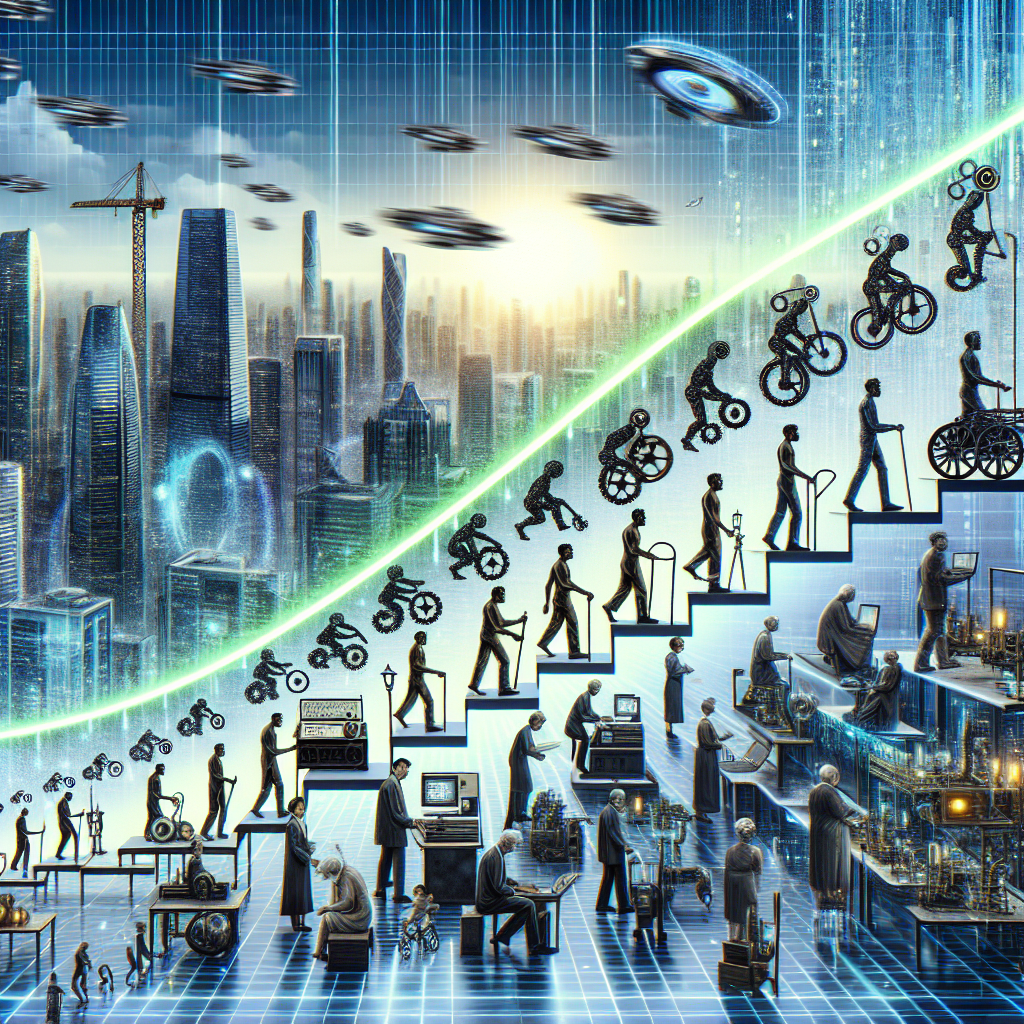The Rise of Technocracy in Today’s World
The Rise of Technocracy in Today’s World
Introduction to Technocracy
Technocracy, a system of governance where decision-makers are selected based on their expertise in a given area, is gaining traction globally. This shift is driven by the increasing complexity of modern challenges that require specialized knowledge and data-driven solutions.
Key Drivers of Technocracy
- Complex Global Challenges: Issues like climate change, cybersecurity, and public health demand expert intervention.
- Technological Advancements: Rapid technological progress necessitates leaders who understand and can leverage these tools effectively.
- Data-Driven Decision Making: The availability of big data allows for more informed and precise policy-making.
Implications of Technocracy
The rise of technocracy has significant implications for governance and society:
- Efficiency and Effectiveness: Policies are more likely to be effective when crafted by experts.
- Democratic Concerns: There is a potential risk of undermining democratic processes if technocrats are not held accountable to the public.
- Public Trust: Trust in government may increase if decisions are seen as rational and evidence-based.
Challenges and Criticisms
Despite its advantages, technocracy faces several challenges:
- Lack of Representation: Technocratic governance may overlook the values and needs of the general populace.
- Potential for Elitism: There is a risk of creating an elite class of decision-makers disconnected from everyday citizens.
- Balancing Expertise and Democracy: Finding the right balance between expert input and democratic participation is crucial.
Conclusion
The rise of technocracy reflects a growing need for expert-driven solutions in an increasingly complex world. While it offers the promise of more effective governance, it also poses challenges to democratic principles and public engagement. As technocracy continues to evolve, it will be essential to address these concerns to ensure that it complements rather than compromises democratic values.






































